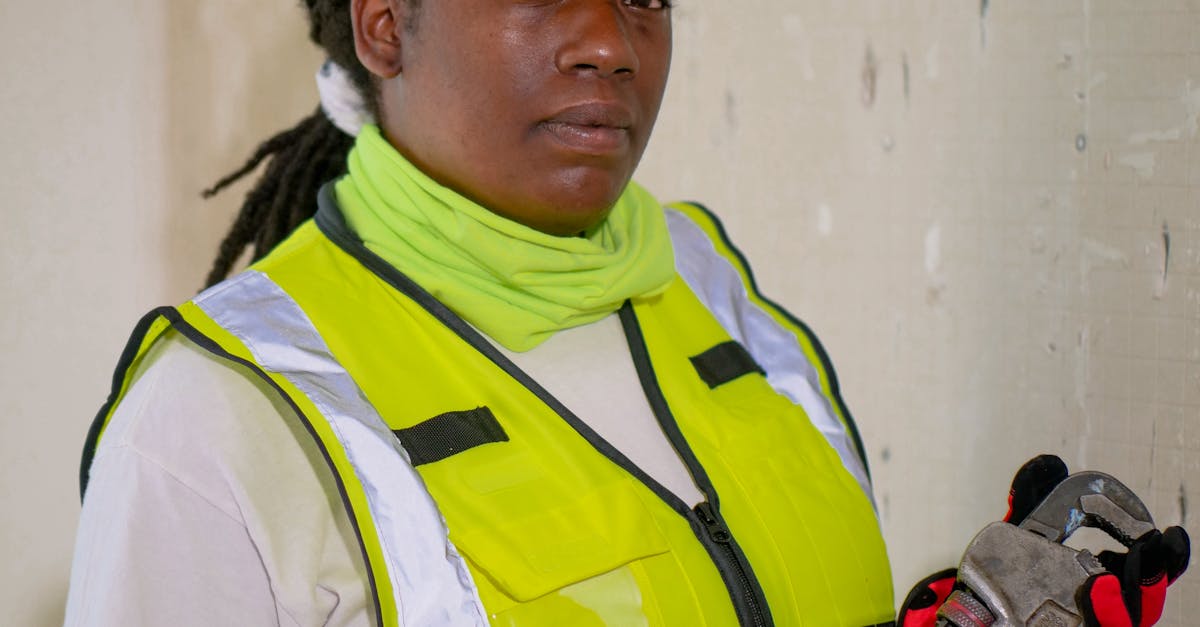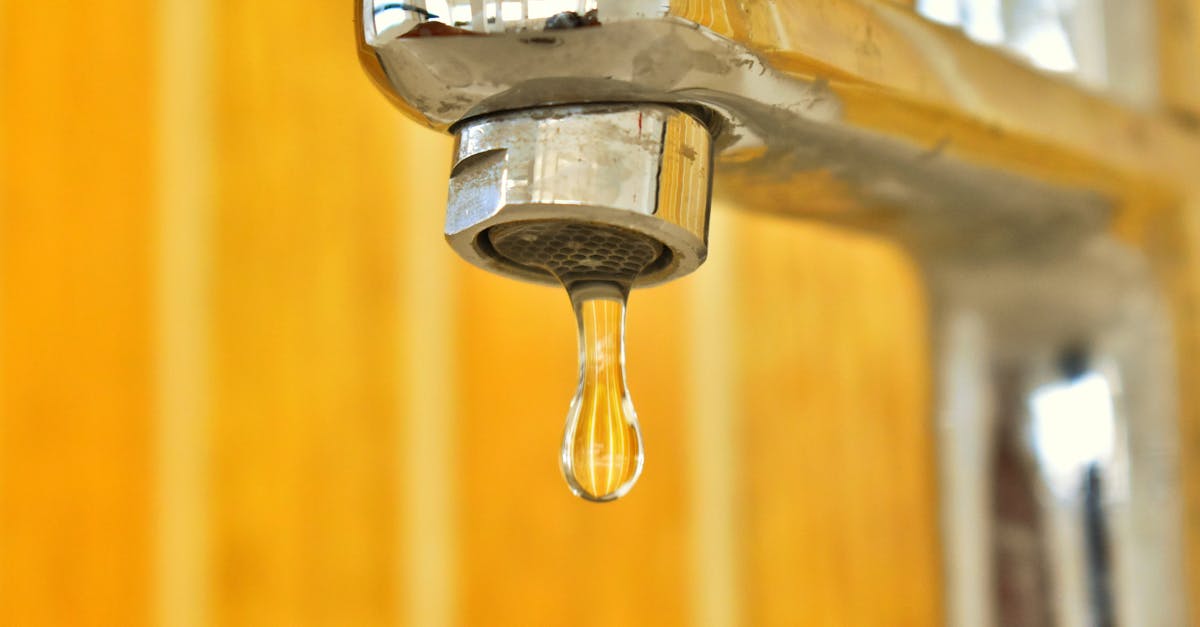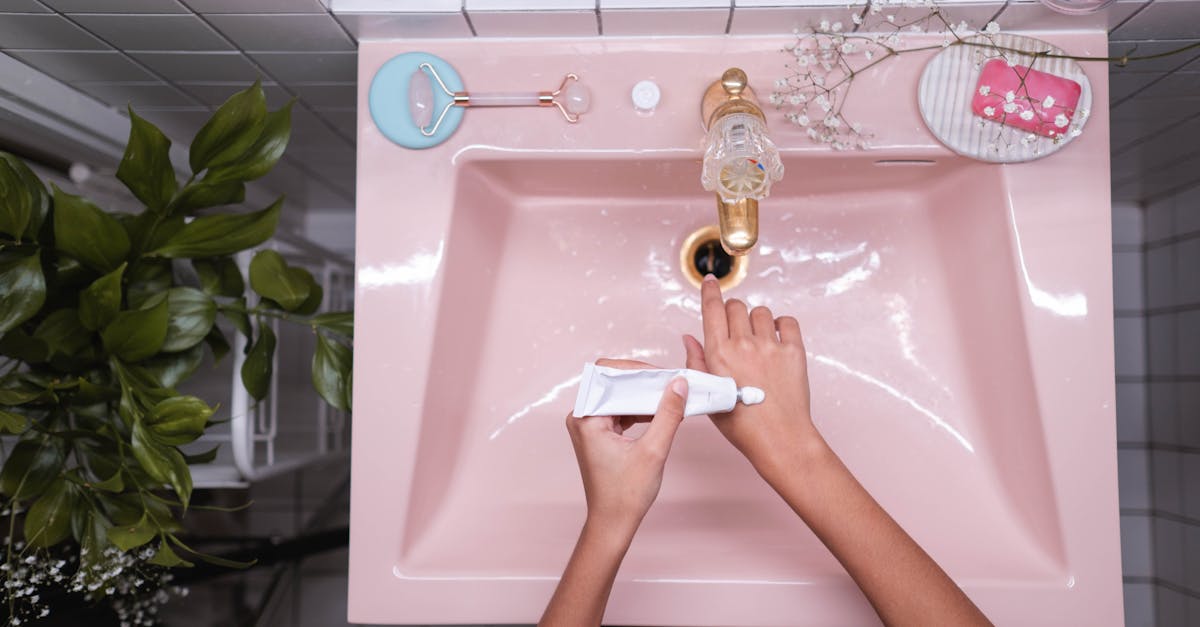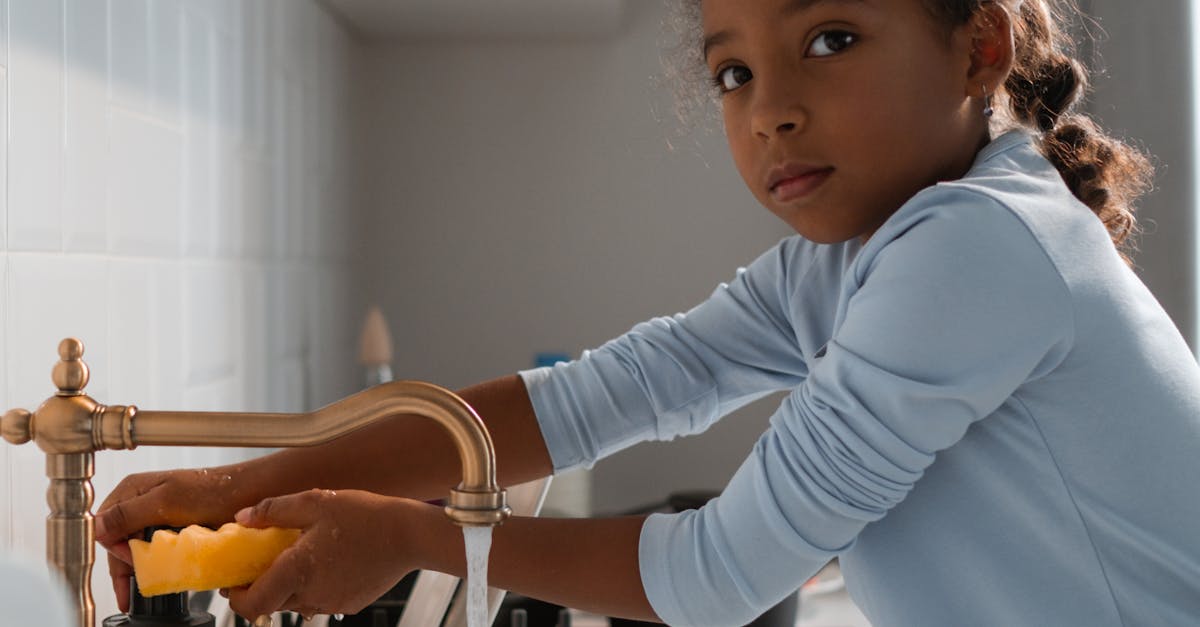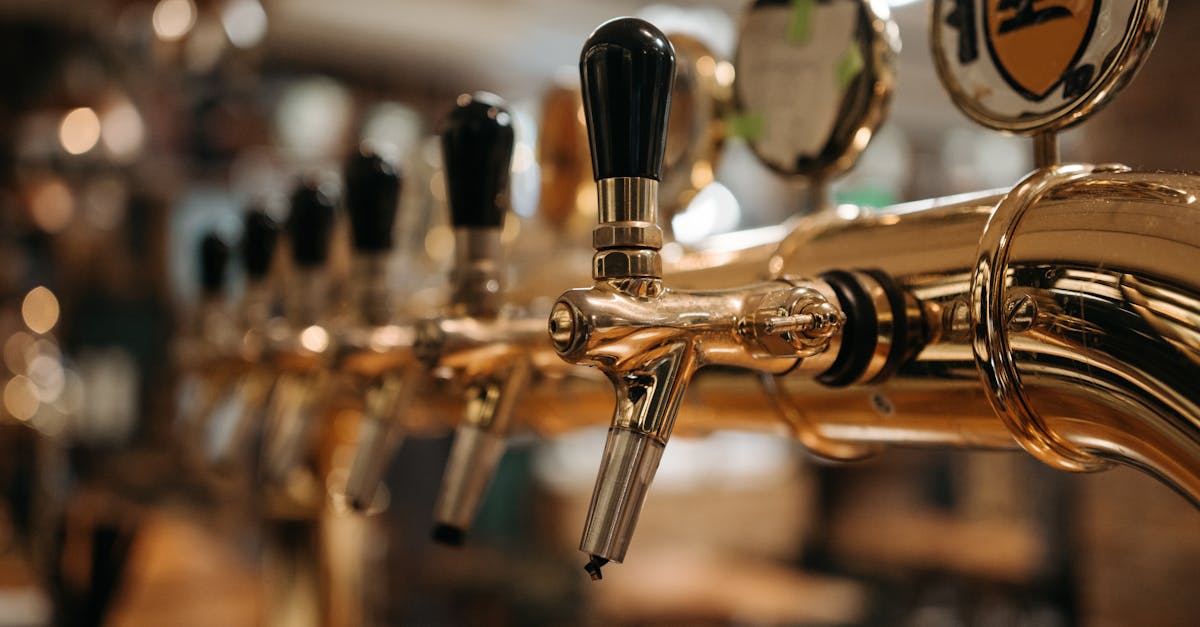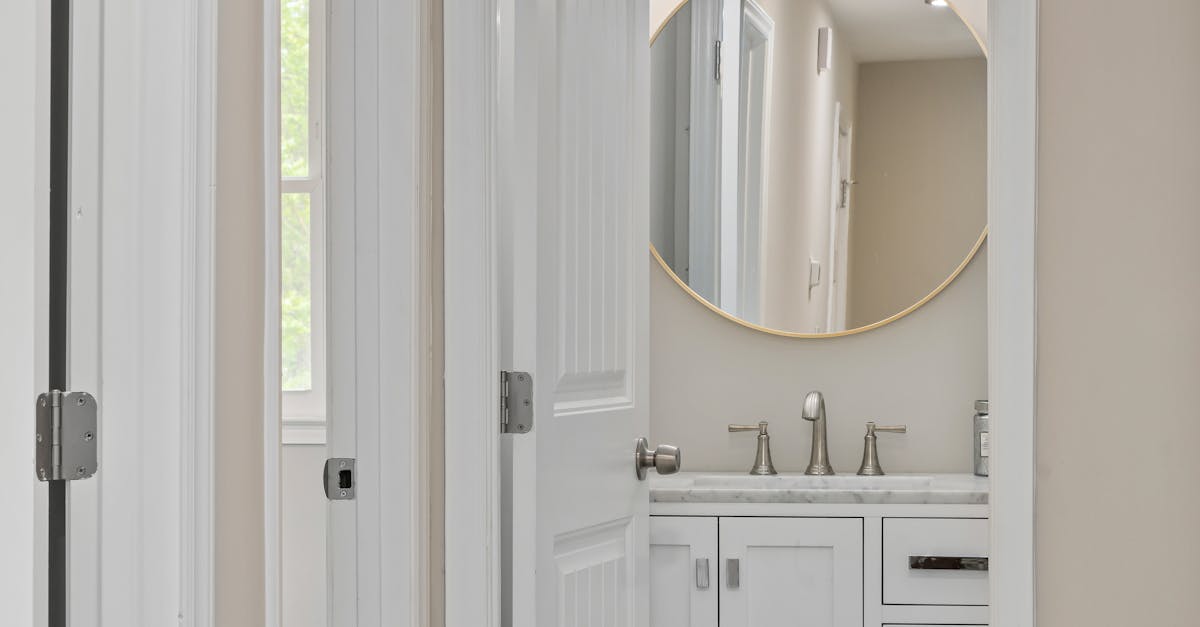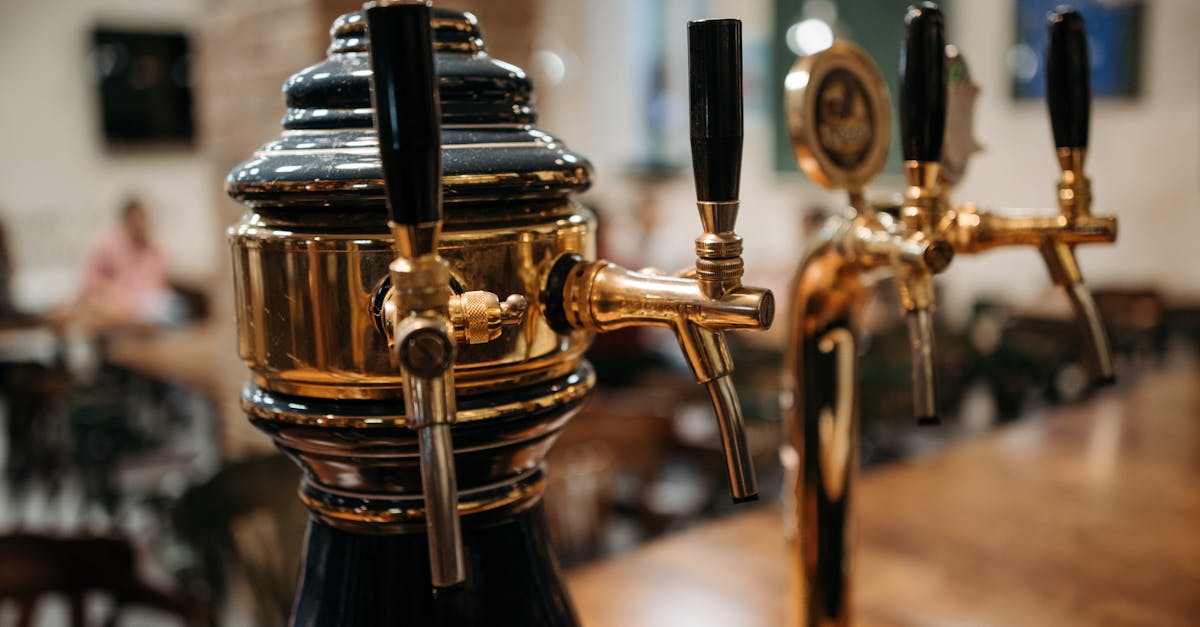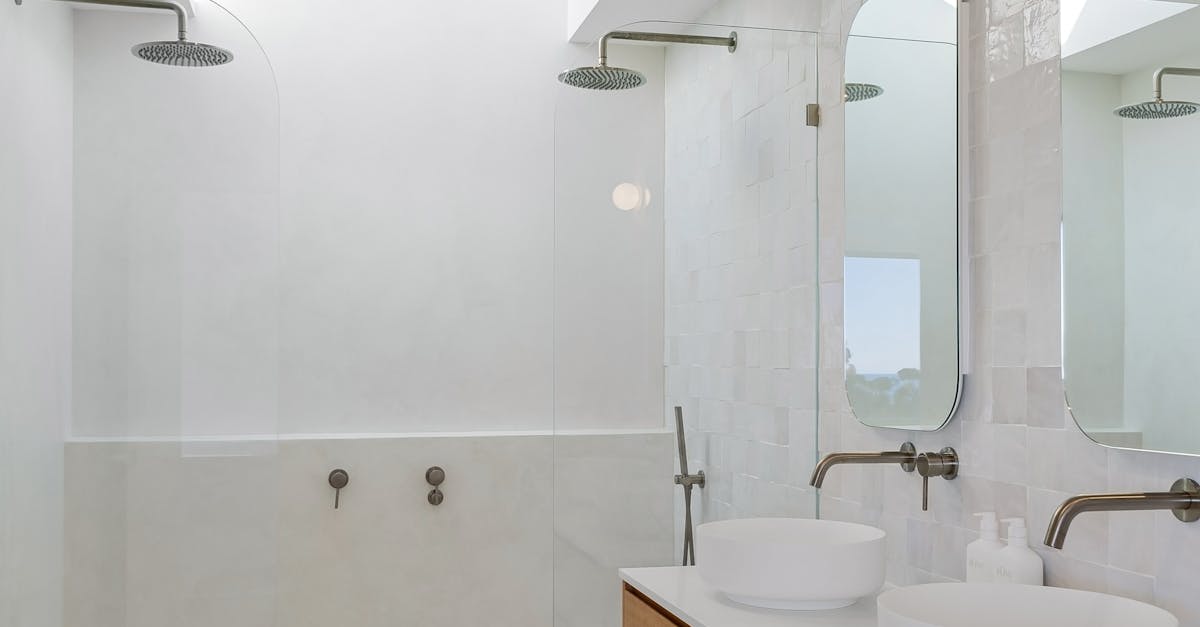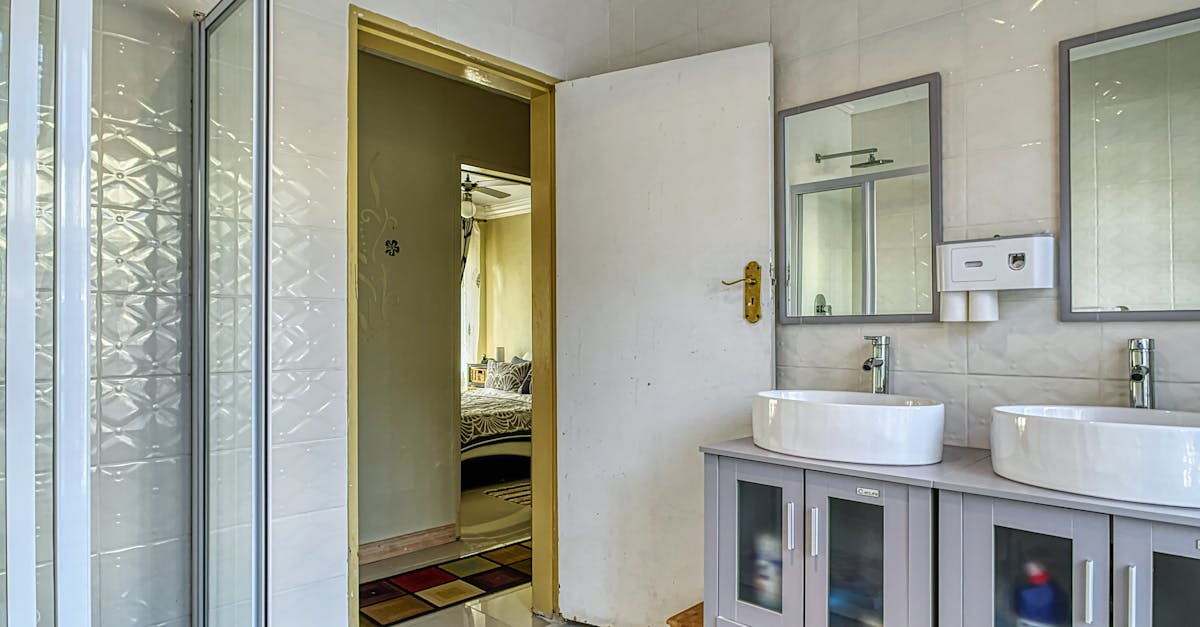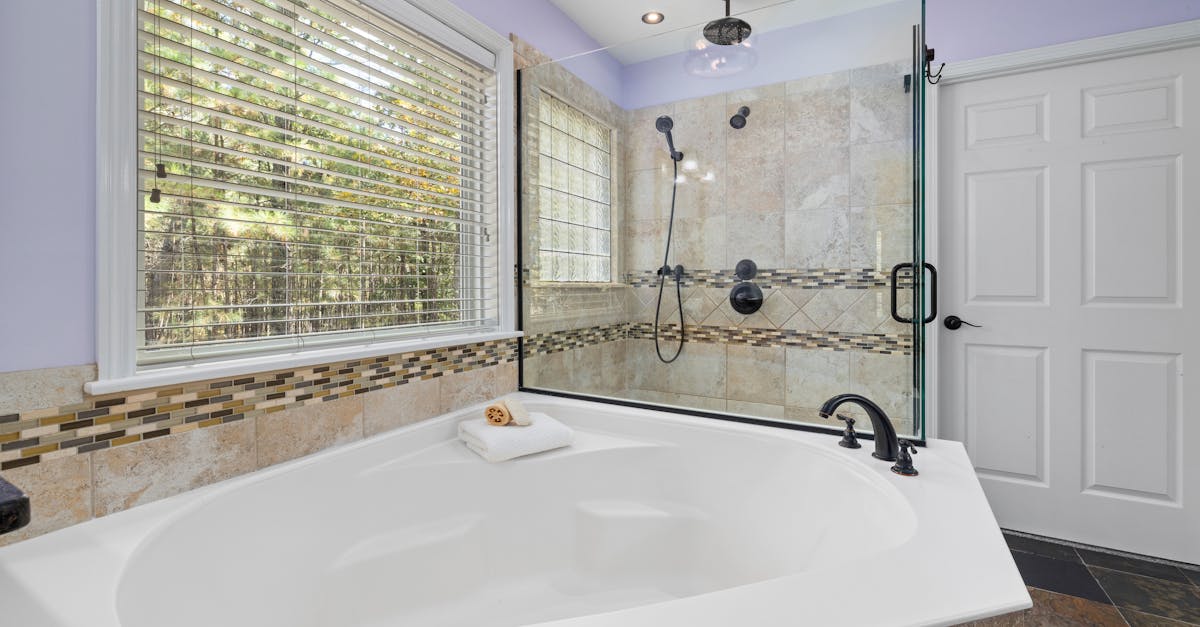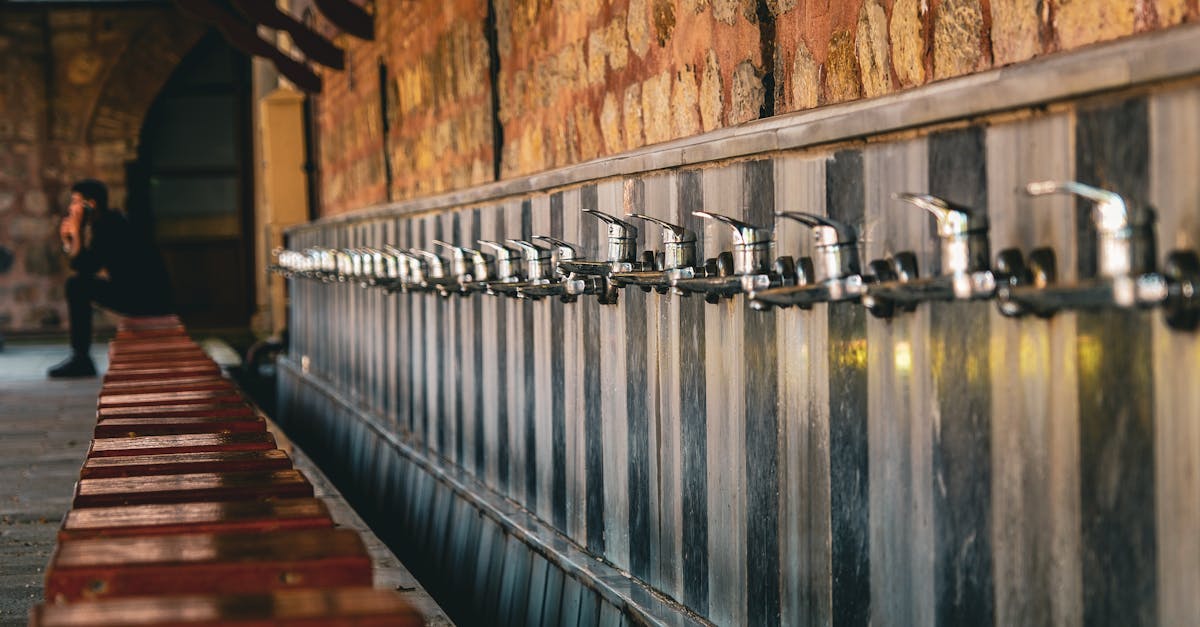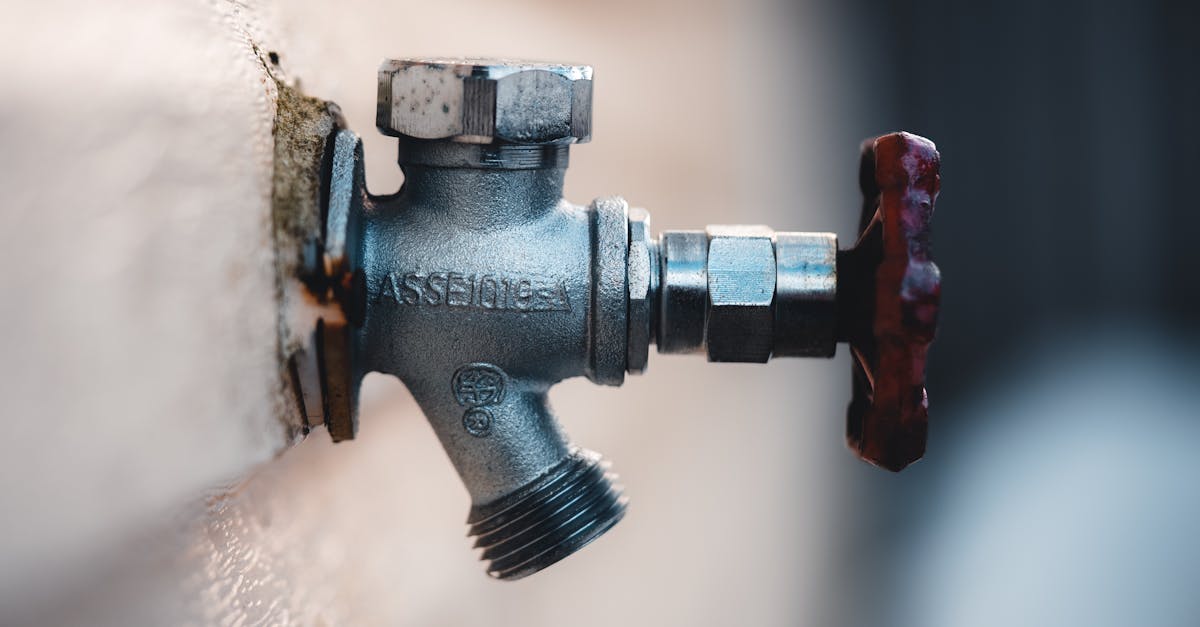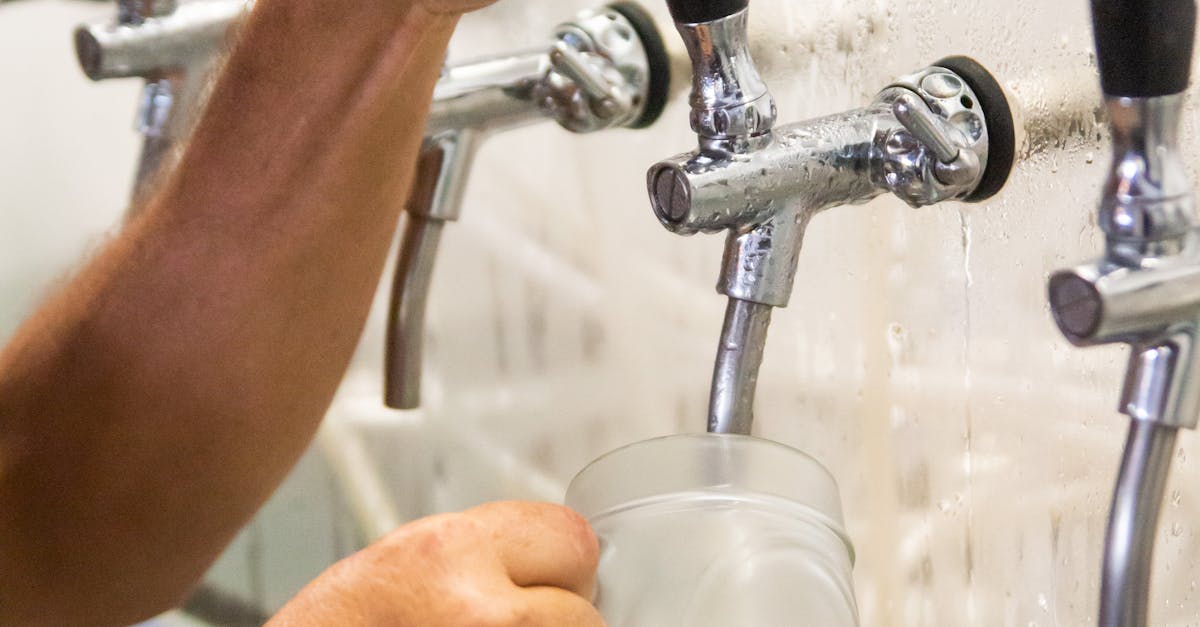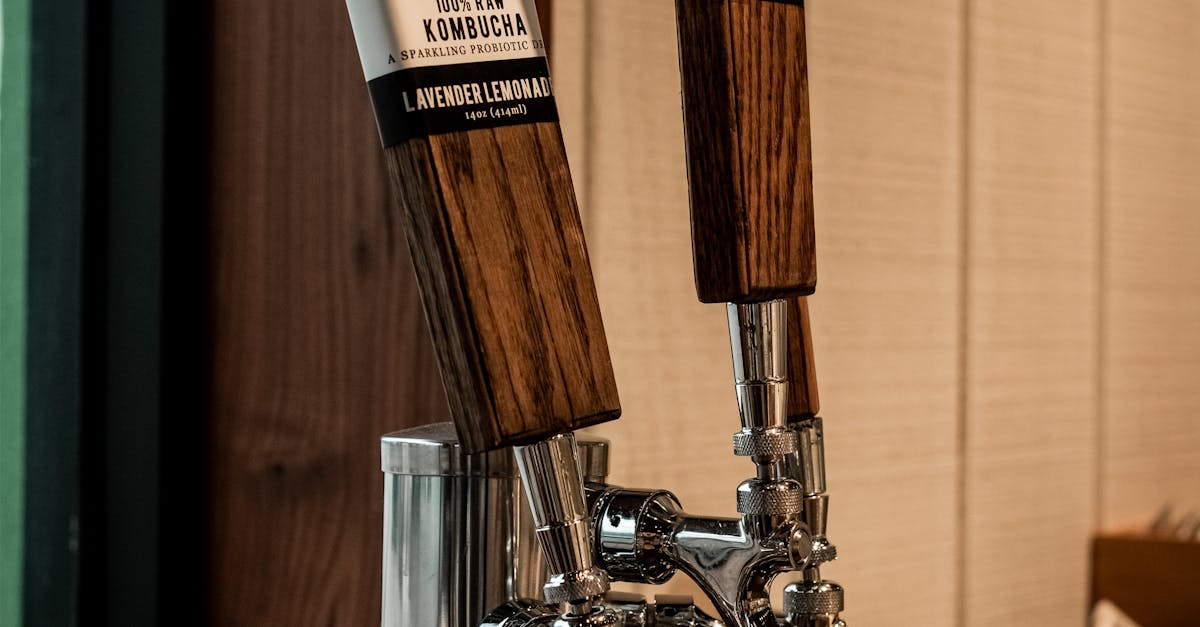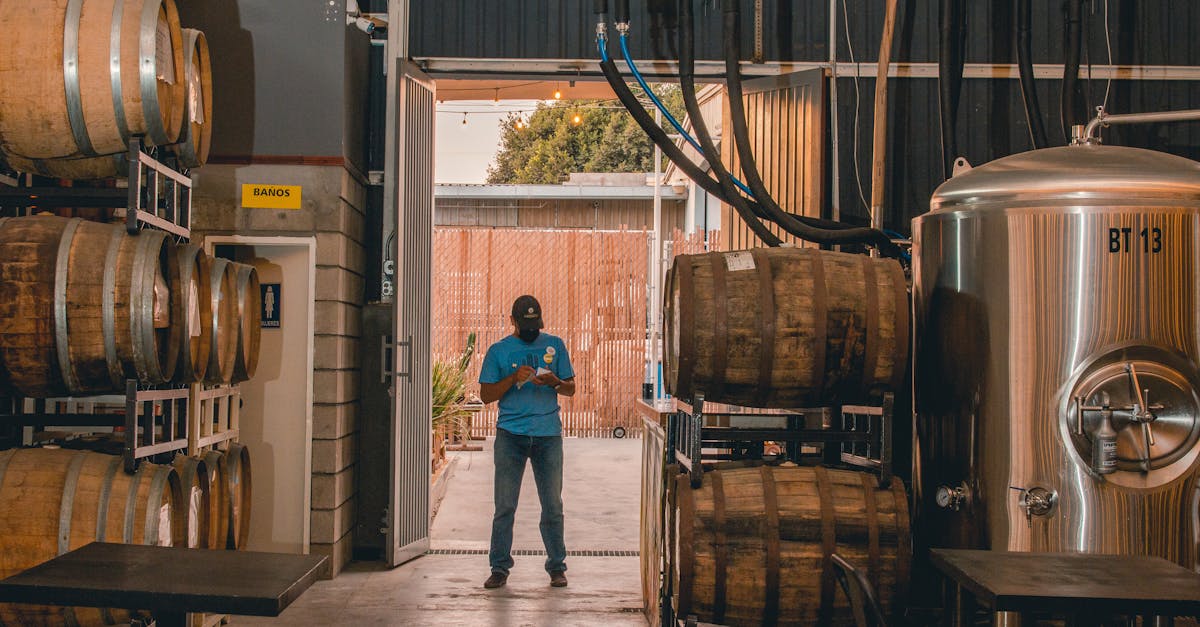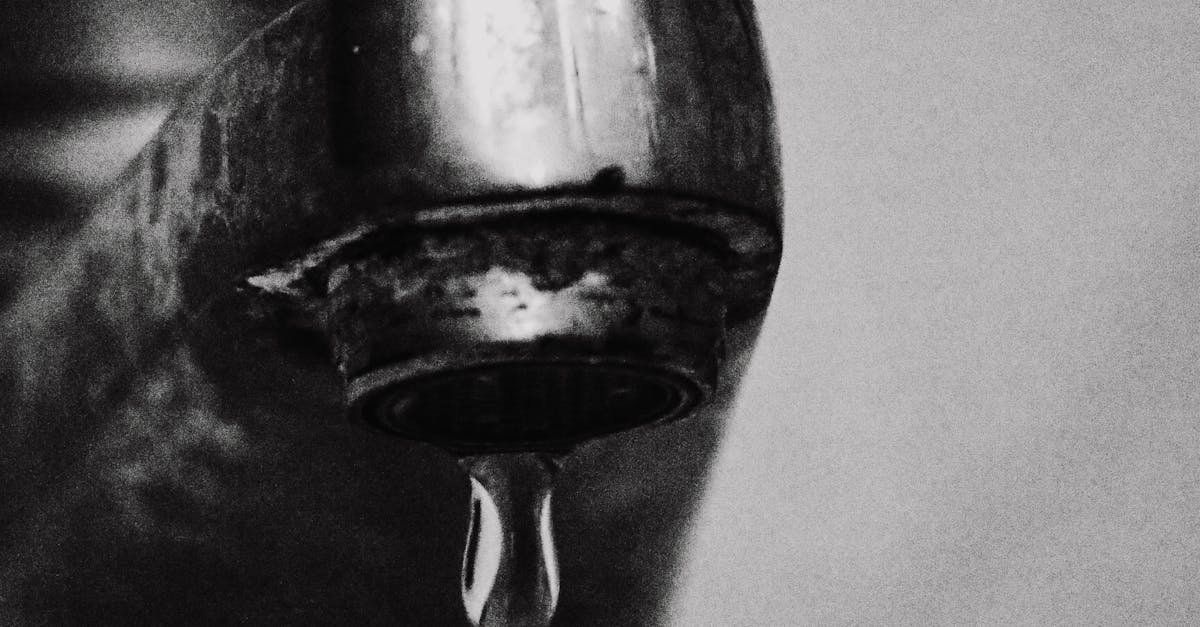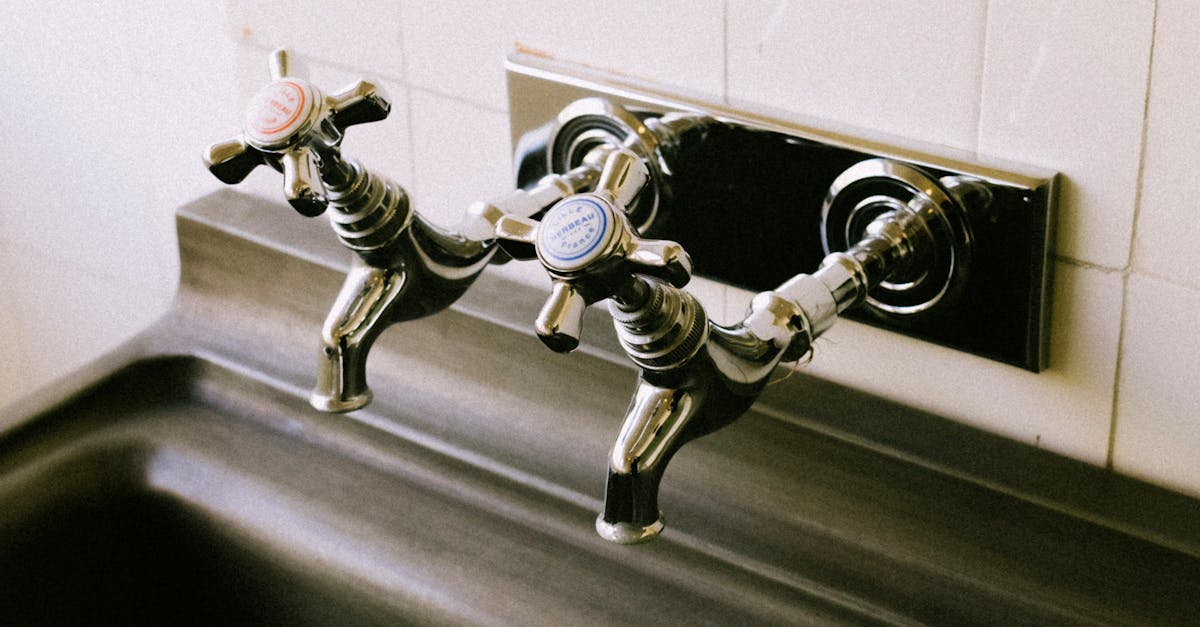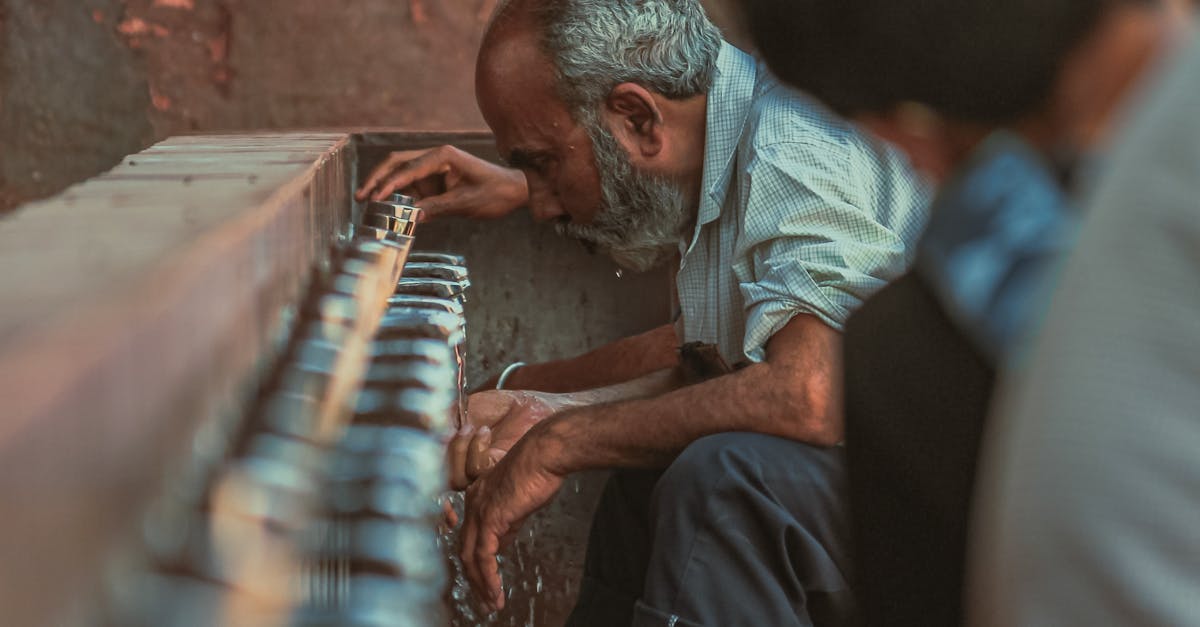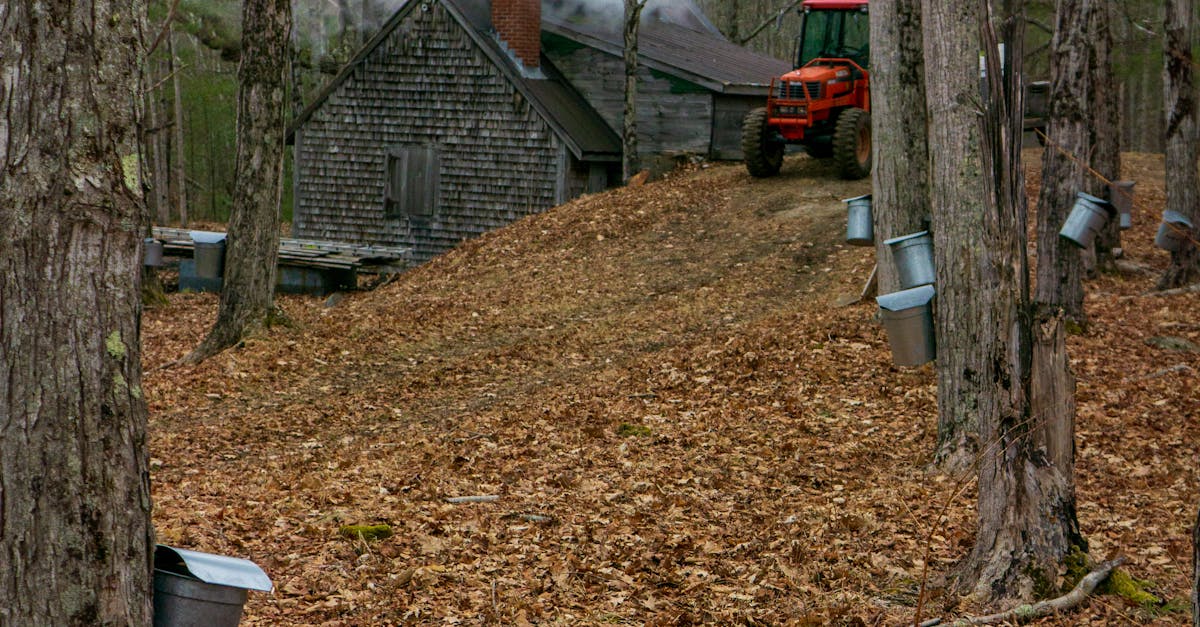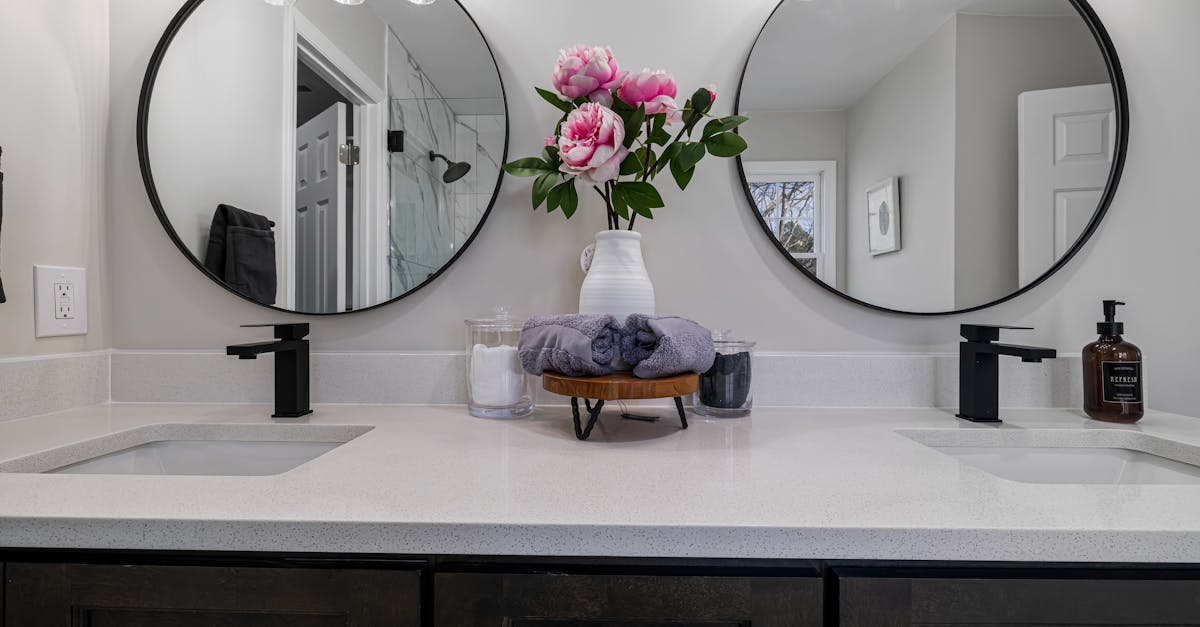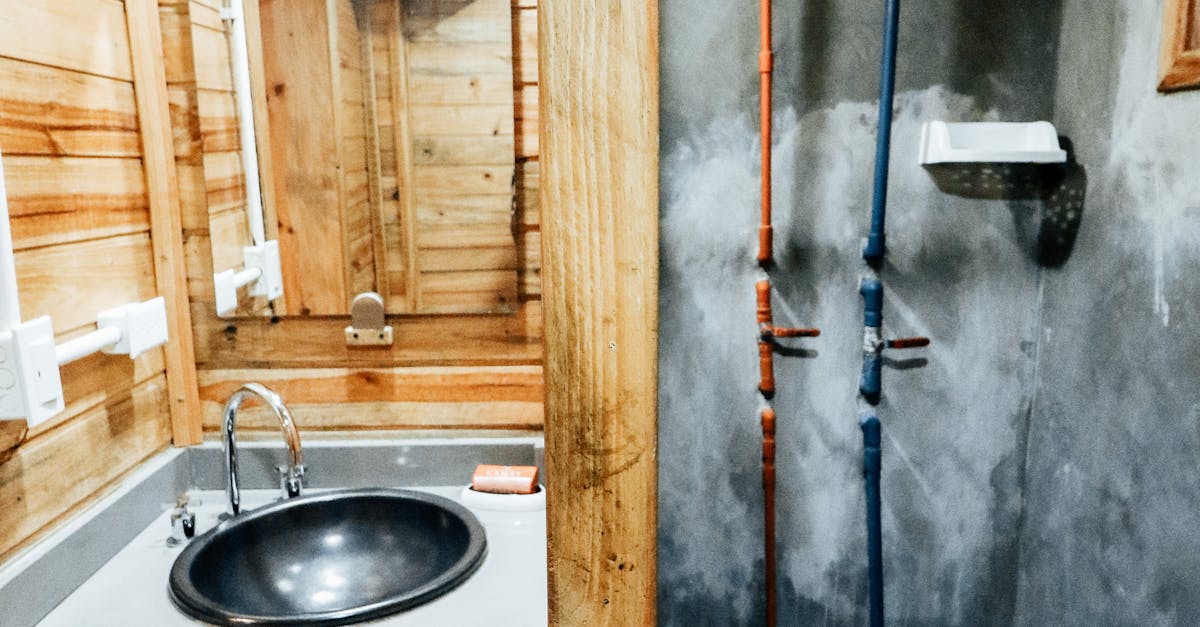
Table Of Contents
Health Risks Associated with Leaking Taps
Leaking taps can create an environment conducive to harmful bacteria and other pathogens. Constant moisture attracts insects and pests, turning bathrooms and kitchens into breeding grounds for germs. This is particularly concerning for households with young children or individuals with weakened immune systems, where exposure to such contaminants can lead to health complications. Additionally, standing water can pose a risk of slips and falls, further elevating potential injuries within the home.
Moreover, the presence of dampness from leaking taps can lead to respiratory issues. Mould thrives in moist environments, making it a common problem in homes with unaddressed leaks. When mould spores become airborne, they can trigger allergies and respiratory problems for those who are sensitive or allergic. Promptly addressing leaking taps can mitigate these health risks, fostering a healthier living environment for all occupants.
The Role of Dampness in Mould Growth
Dampness creates an ideal environment for mould growth, making it a serious concern in households with leaking taps. The moisture from continuous drips seeps into surrounding materials, fostering a climate where mould spores can thrive. Once established, mould can spread rapidly, leading to potential health issues for occupants, especially those with respiratory conditions.
In addition to the health risks, mould growth can damage property and diminish indoor air quality. The presence of mould can also result in persistent musty odours, which can be difficult to eliminate. Addressing leaking taps promptly can help mitigate these risks by preventing excess moisture accumulation and maintaining a healthier living space.
DIY Repairs vs. Professional Help
Many homeowners consider tackling leaking taps as a DIY project to save money. Simple repairs, such as replacing a worn washer or tightening fixtures, can often be done with basic tools and some online guidance. This approach can be satisfying and cost-effective if the leak is minor, and if the necessary parts are readily available. However, attempting repairs without the right knowledge might lead to more significant issues in the future.
On the other hand, some situations warrant the expertise of a professional. Persistent leaks can indicate deeper plumbing problems that require specialised tools and experience to diagnose correctly. A qualified plumber can assess the situation thoroughly, ensuring that all aspects are addressed effectively. Resorting to professional help may prevent further damage and more expensive repairs down the line, providing peace of mind for homeowners dealing with leaking taps.
When to Call a Plumber for Assistance
Leaking taps can often appear to be minor inconveniences. However, sometimes the underlying issues may be more complex than they seem. If the leak persists despite your attempts to tighten or replace washers, it may indicate a deeper problem within the plumbing system. Corroded pipes or damaged fittings can lead to more significant water loss and damage if left unaddressed. This situation is a clear sign that professional assistance may be necessary.
If your leaking taps are accompanied by increased water bills or noticeable dampness around the sink area, it could be time to call a plumber. These signs often suggest that the problem is not just a simple fix. A qualified plumber can conduct a thorough inspection and determine the root cause of the leak. Their expertise ensures that both immediate concerns and potential future issues are effectively managed, preserving the integrity of your plumbing system.
Preventative Measures to Avoid Future Leaks
Regular maintenance is crucial in preventing leaking taps. Inspecting the washers and O-rings periodically can help detect wear and tear before it leads to leaks. These components endure constant pressure and friction. Replacing them at the first sign of deterioration can save homeowners from more significant plumbing issues down the line. Keeping tap fixtures clean and free of mineral build-up also aids in prolonging their life.
Proper installation practices are essential to avoid leakage from the outset. When fitting new taps, ensuring that all connections are tight and secure helps prevent leaks from developing. Additionally, using thread seal tape can provide an extra layer of protection against leaks in threaded connections. Regularly checking for any signs of moisture around taps will allow for early detection of potential problems, maintaining a leak-free environment.
Best Practices for Tap Maintenance
Regular maintenance of taps can significantly prolong their lifespan. It's important to check for any signs of wear and tear, such as loose fittings or corrosion. Ensuring that all connections are tight can prevent leaks from forming. A simple visual inspection once a month can help catch potential issues early on, allowing for timely rectification before they escalate into bigger problems.
Additionally, keeping the area around the tap dry is essential in preventing mould and dampness. Regular cleaning with appropriate cleaners can help maintain hygiene and functionality. If a tap starts leaking, addressing the issue without delay can mitigate any further risk. By following these best practices, homeowners can not only stave off leaking taps but also ensure a more efficient plumbing system overall.
FAQS
Why is it important to fix a leaking tap immediately?
Fixing a leaking tap immediately is crucial to prevent water wastage, reduce utility bills, and avoid potential health risks associated with mould growth and dampness.
What health risks can arise from a leaking tap?
A leaking tap can lead to increased dampness in the home, creating an environment conducive to mould growth, which can trigger allergies and respiratory issues.
Can I repair a leaking tap myself?
Yes, many minor leaks can be fixed with DIY repairs. However, if you are unsure or if the problem persists, it’s best to call a professional plumber for assistance.
When should I call a plumber for a leaking tap?
You should call a plumber if the leak is severe, if you cannot identify the source of the leak, or if your DIY attempts have not resolved the issue.
What preventative measures can I take to avoid future leaks?
Regular maintenance, such as checking for wear and tear, replacing washers, and ensuring fittings are tight, can help prevent future leaks. Additionally, consider installing water-saving devices to reduce the risk of leaks.
